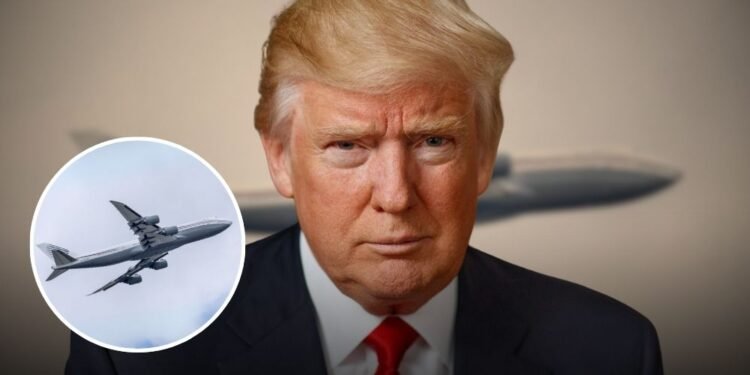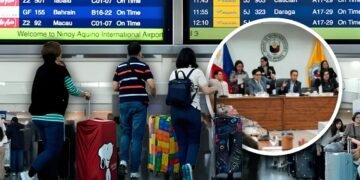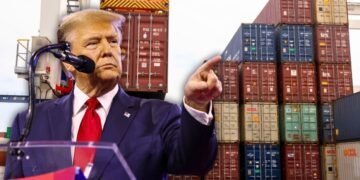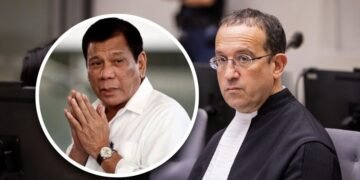President Donald Trump stood firm on a controversial plan to accept a Boeing 747-8 jumbo jet from Qatar’s royal family as a temporary Air Force One.
Valued at approximately $400 million, this lavish “flying palace” would replace the U.S.’s aging 40-year-old presidential fleet, with ownership set to transfer to the Trump Presidential Library Foundation after his term ends in 2029.
At a White House press briefing before a Middle East trip, Trump called the offer a “very nice gesture” from a key ally, arguing that rejecting it would be “stupid” given U.S. support for Qatar, Saudi Arabia, and the UAE.
The jet, toured by Trump in February 2025 at West Palm Beach, boasts luxury interiors but requires extensive retrofitting to meet Air Force One’s stringent security and communication standards, with costs covered by the U.S. Air Force.
Trump’s decision stems from frustration with Boeing’s delayed delivery of two new 747-8s, now pushed to 2027, and the high maintenance costs of the current fleet.
White House Press Secretary Karoline Leavitt assured compliance with U.S. laws, emphasizing that the plane is a gift to the Department of Defense, not Trump personally.
Still, the arrangement, under legal review, has raised ethical questions, particularly given Trump’s recent business ties, including a Qatar-funded golf resort deal.
The move taps into conservative values of pragmatic leadership and national pride, as Air Force One symbolizes American strength. Qatar’s role as a U.S. ally hosting the Al Udeid Air Base aligns with shared interests in global security, a point Trump highlighted.
Yet, the debate is heated. Posts on X show mixed reactions: some praise Trump’s cost-saving instincts, while others, flag concerns over foreign influence and transparency, citing bipartisan criticism from figures like Rep. Jamie Raskin.
In the Philippines, where U.S. alliances and leadership resonate deeply due to historical military ties, this story prompts reflection on balancing global partnerships with domestic accountability.
As Trump navigates this high-stakes decision, some may appreciate his bold approach to modernizing a national icon, while others weigh the risks of foreign gifts in a geopolitically complex world.












